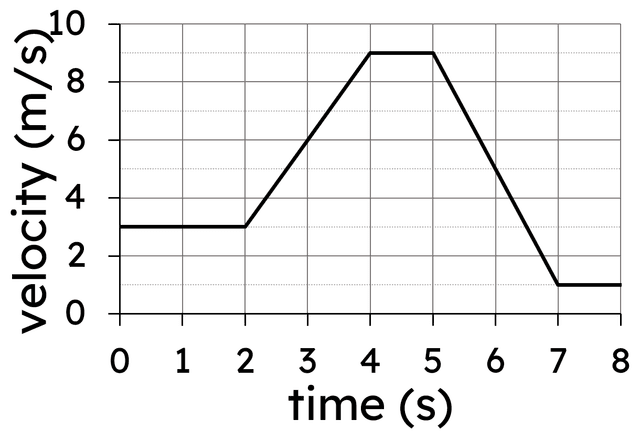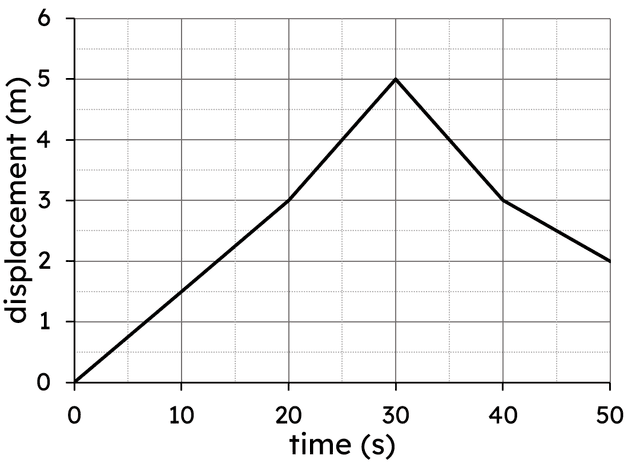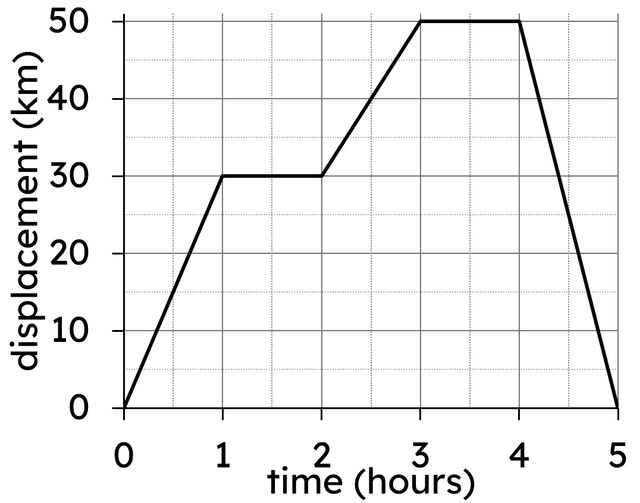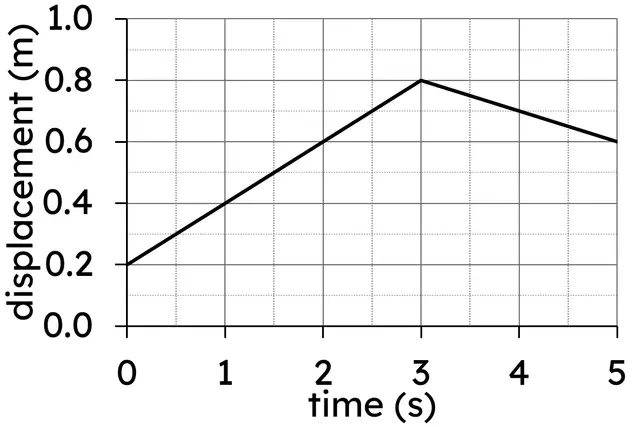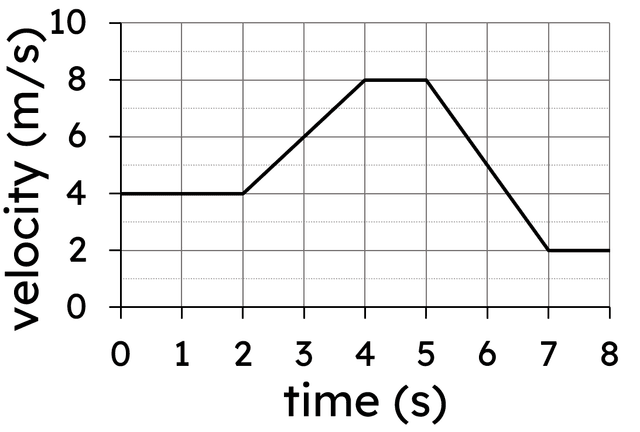Myths about teaching can hold you back
Learn why
New
New
Lesson 11 of 12
- Year 10
- OCR
- Higher
Calculating from motion graphs: including displacement (a=(v-u)/t and v=s/t)
I can take readings from motion graphs to calculate distance, displacement, speed, velocity and acceleration.
Lesson 11 of 12
New
New
- Year 10
- OCR
- Higher
Calculating from motion graphs: including displacement (a=(v-u)/t and v=s/t)
I can take readings from motion graphs to calculate distance, displacement, speed, velocity and acceleration.
These resources will be removed by end of Summer Term 2025.
Switch to our new teaching resources now - designed by teachers and leading subject experts, and tested in classrooms.
These resources were created for remote use during the pandemic and are not designed for classroom teaching.
Lesson details
Assessment exit quiz
Download quiz pdf




